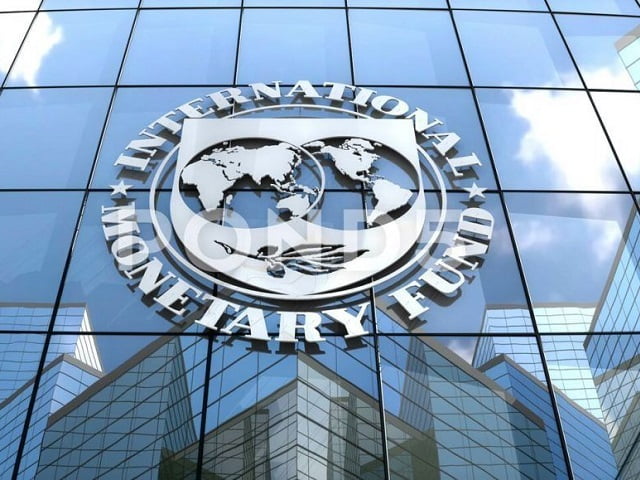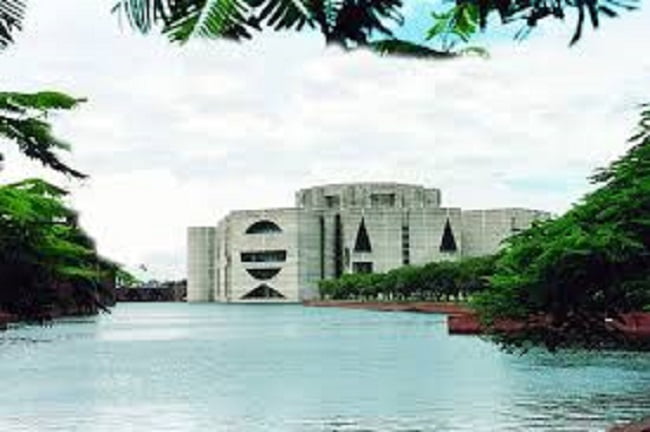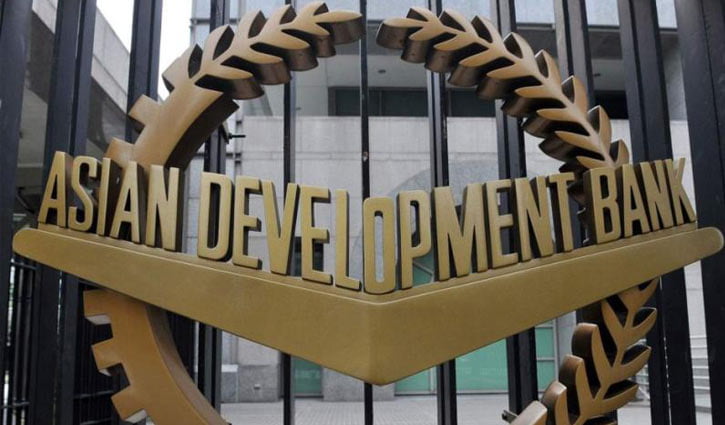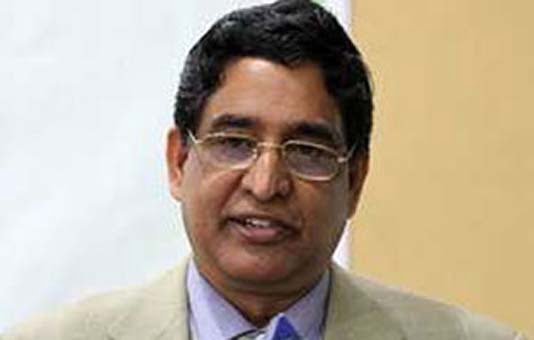IMF finally approves $4.7 billion loan for Bangladesh
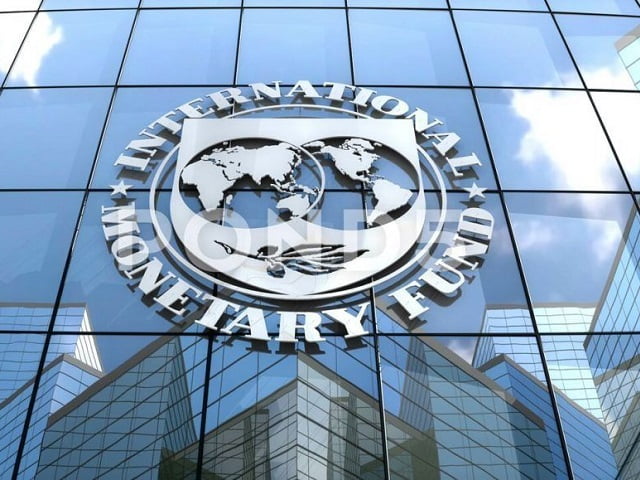
The International Monetary Fund (IMF) has given the final approval to Bangladesh’s $4.5 billion loan proposal.
The decision was taken at a meeting of the IMF’s executive board at 9pm on Monday (Bangladesh local time).
A press release was issued on the website of the financial agency in this regard.
Bangladesh will get about $3.3 billion under the Extended Credit Facility (ECF) and the Extended Fund Facility (EFF) and about $1.4 billion under the Resilience and Sustainability Facility (RSF). Bangladesh is the first country in Asia to receive financing under the RSF.
The approval will help the country to receive about $476 million under the 42-month long loan programme immediately.
Bangladesh’s robust economic recovery from the pandemic has been interrupted by Russia’s war in Ukraine, leading to a sharp widening of Bangladesh’s current account deficit, depreciation of the Taka and a decline in foreign exchange reserves. The authorities have taken on a comprehensive set of measures to deal with these latest economic disruptions. The authorities recognize that in addition to tackling these immediate challenges, long-standing structural issues and vulnerabilities related to climate change will also need to be addressed to accelerate growth, attract private investment, enhance productivity, and build climate resilience, IMF said.
The IMF-supported program under the ECF/EFF arrangements will help preserve macroeconomic stability and prevent disruptive adjustments to protect the vulnerable, while laying the foundations for strong, inclusive, and environmentally sustainable growth. The concurrent RSF arrangement will supplement the resources made available under the ECF/EFF to expand the fiscal space to finance climate investment priorities identified in the authorities’ plans, help catalyze additional financing, and build resilience against long-term climate risks.
“Since independence, Bangladesh has made steady progress in reducing poverty and significant improvements in living standards. However, the COVID-19 pandemic and subsequent Russia’s war in Ukraine interrupted this long period of robust economic performance. Multiple shocks have made macroeconomic management challenging in Bangladesh,” Antoinette M Sayeh, IMF’s deputy managing director, and acting chair, said at the conclusion of the Executive Board’s discussion.
While confronting challenges resulting from the global headwinds, the authorities need to accelerate their ambitious reform agenda to achieve a more resilient, inclusive, and sustainable growth. In this regard, substantial investment in human capital and infrastructure will be needed to achieve Bangladesh’s aspiration to reach upper-middle income status by 2031 and meet the Sustainable and Development Goals (SDGs). The authorities recognize these challenges and also the need to tackle climate change issues, which expose the economy to large risks that could threaten macroeconomic stability, Sayeh added.




